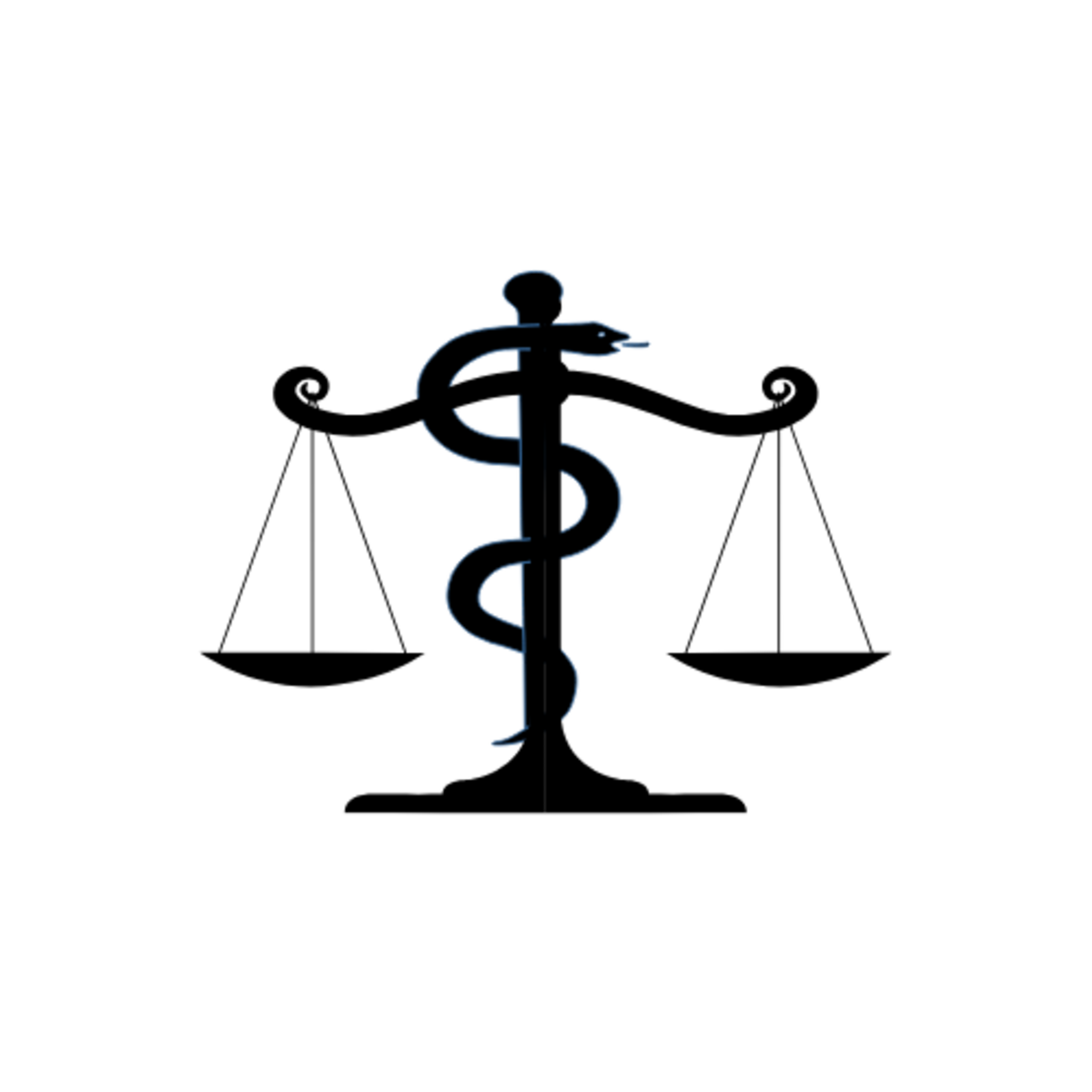Even amid an ongoing execution spree, we’ve had a spate of good news that’s pretty rare in the death penalty community. The “face of America’s death penalty depravity,“ Richard Glossip, won an improbable SCOTUS victory, nearly guaranteeing execution is off the table. Elsewhere, Alabama’s Rocky Myers received a commutation from Governor Kay Ivey; though Ivey wouldn’t affirm his innocence (and took potshots at the abolitionist community even while announcing her decision), she declared herself “not so convinced of his guilt as to approve of his execution.” In non-actual-innocence news, Texas courts halted the execution of David Leonard Wood on competency grounds.
While everyone rejoices at the innocent being spared execution (and most extend that grace to the incompetent), it takes on a special—and pernicious—meaning for proponents of capital punishment. In his Herrera v. Collins concurrence, the late Antonin Scalia partly justified his opinion that wrongful executions are constitutionally permissible by calling it “improbable that evidence of innocence as convincing as today's opinion requires would fail to produce an executive pardon.” Supposing we keep the occasional person who slips through the cracks out of the death chamber, every other Eighth Amendment obligation can be waved away via “they had it coming.“ For now, we’ll leave aside the questions this proposition begs (“are we sure we’re not executing wrongfully convicted people?) and raises (do we really have no moral obligation toward people who’ve done wrong?”), and focus on the proposition itself.
The idea that eventually exonerating wrongfully convicted people justifies society’s embrace of the death penalty is only possible through ignorance about how America does capital punishment. Living on death row for the decades exoneration takes breaks the bodies and brains of those to whom we subject it.
This post is sponsored by 1440 Media; like the Project, they’re committed to exploring the misunderstood or underreported details behind the headlines. Like the Project, they’re also completely free; please consider checking them out.
Receive Honest News Today
Join over 4 million Americans who start their day with 1440 – your daily digest for unbiased, fact-centric news. From politics to sports, we cover it all by analyzing over 100 sources. Our concise, 5-minute read lands in your inbox each morning at no cost. Experience news without the noise; let 1440 help you make up your own mind. Sign up now and invite your friends and family to be part of the informed.
The Wrongfully Convicted Lavish for Decades in America’s Worst Prison Conditions
Note: up to now, I have used the term “exonerated,” a broadly recognized term with specific legal and cultural meanings. The people mentioned have a variety of dispositions, not all of which correspond with “exoneration.“
In the vast majority of states that retain the death penalty, life on death row “offers condemned prisoners a regimen approximating solitary confinement.” 93% of death rows nationwide subject condemned men to 22 hours or more per day in single-occupancy cells as small as 36 square feet. (For reference, neuroscientist Richard Smeyne pegs the amount of space needed for human flourishing at 150 square feet).
This level of isolation may have permanent consequences for the brain. Smyne and colleagues recently exposed adult mice to social isolation for just one month; and found a 47% decrease in dendritic branching (the beginning process of forming new synapses, which is essential for cognitive agility) in male subjects which did not rebound even after the isolation ended. While it’s impossible to know whether these effects are replicable in humans (neither the isolation itself nor the autopsies would pass institutional review), similar results show up both anecdotally and longitudinally: former Arkansas death row inmate Damien Nichols frequently got lost in his first post-release apartment, and people subjected to prolonged solitary confinement show a 12-fold increase in premature death in the first two weeks after release.
As bleak as these findings are, they compare favorably to capital punishment in two important ways. Punitive solitary confinement among general prison populations is usually limited to as “little“ as 15 days; the average time ultimately exonerated people spend in the quasi-hole of death row is 38.7 years. General solitary confinement studies also don’t take into account the sword of Damocles hanging over each person on death row; the exact mental health effects of a pending but uncertain execution are little studied, it’s known that the condemned “volunteer“ for execution by forgoing their appeals at ten times the overall societal suicide rate.
Overturned convictions don’t immediately result in an immediate end to these conditions, either. In an email, an attorney for Richard Glossip confirmed that “Mr. Glossip’s case continues to be docketed in the Supreme Court until later this month when the mandate will issue, and so he remains housed where he was prior to February 25, 2025.” Meanwhile, absolutely nothing has come from a judge’s declaration that Melissa Lucio, who we’ve discussed before, is actually innocent.
The Pro-Death-Penalty Argument Takes Aim at Conditions That Make Exoneration Possible
In its executive order on restoring the death penalty, the Trump Administration directs that “The Attorney General shall take all appropriate action to seek the overruling of Supreme Court precedents that limit the authority of State and Federal governments to impose capital punishment.“ While it’s not clear what that means in practice, the President has praised countries that attempt to address social ills via “quick trials” that result in near-instantaneous executions. Given the current timeline from conviction to exoneration, it seems impossible to speed up executions without risking the lives of innocent people.
The Best Thing for Future Exonerees? Abolish Capital Punishment
To be sure, the main alternative to capital punishment—life in prison without the possibility of parole—is no picnic, either; how general-population conditions destroy minds and bodies could (and, elsewhere, has) inspire many other columns. There may be no right answer for the system’s inevitable mistakes, but subjecting them to the worst conditions our carceral system has to offer in the hope of probable, eventual correction is certainly the wrong one.


